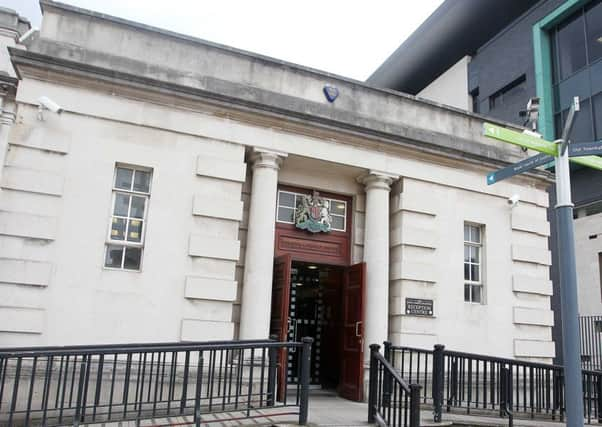Man fails to overturn IRA murder conviction


Judges in the Court of Appeal rejected claims that the circumstances surrounding admissions made by James Gary Roberts rendered the finding unsafe.
They reached the same decision in a linked challenge by Gerard Harte to being found guilty of petrol bombing offences.
Advertisement
Hide AdAdvertisement
Hide AdRoberts was convicted of the murder of Harry Scott, a 64-year-old Protestant, shot dead at a west Belfast pub in March 1976.
The killing was said to have been in retaliation for an earlier attack on a Catholic bar.
Roberts, aged 17 at the time, was arrested during a search which led to the recovery of the murder pistol.
Harte, then aged 16, was detained at his home in 1979 as a suspected terrorist, the court heard.
Advertisement
Hide AdAdvertisement
Hide AdHe was later found guilty of petrol bomb attacks on a builders’ merchant and Lurgan Railway Station, as well as arson, burglary and theft of a shotgun offences.
Both men had been interviewed by police without a solicitor present.
Statements made during their questioning were used under emergency legislation in force at the time - despite the defendant’s contesting the admissibility.
Their lawyers argued in the Court of Appeal that the circumstances surrounding the statements rendered the convictions unsafe.
Advertisement
Hide AdAdvertisement
Hide AdBut Lord Chief Justice Sir Declan Morgan, sitting with Lord Justices Weatherup and Weir, said: “In each case we consider that the confessions were obtained in accordance with the rules prevailing at the time.”
With further protections now in place for children and others accused of crimes, the judges pointed out that scrutiny has been given to identify any factors which could impact on the reliability of the original verdicts.
Sir Declan added: “In our view the courts at the time gave careful consideration to that very issue and we do not consider that the matters advanced on behalf of the applicants suggest that the convictions are unsafe.
“Accordingly leave is refused in each case.”